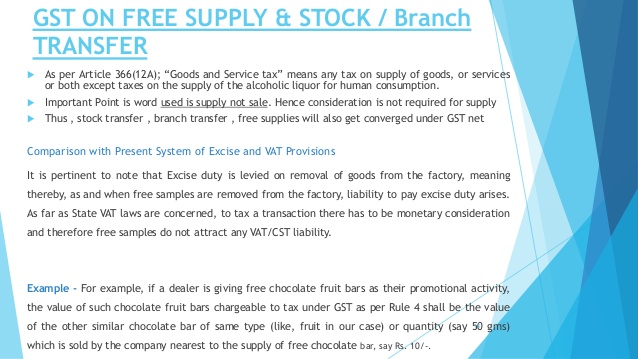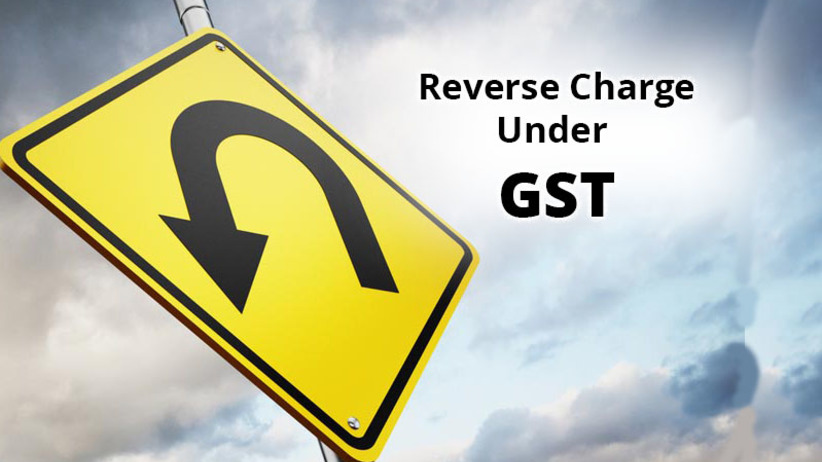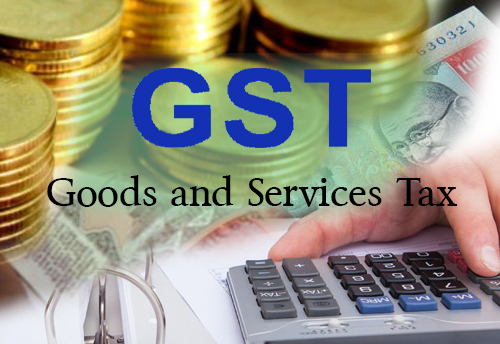GST Impact- Gujarat set to regain its foothold in Pharma Sector

Impact of GST in Pharma Sector
Gujarat which till 2008, had about 40% of its share in Country’s Pharma Industry, saw its share in the industry tanking to low of 20% due to exodus of the units to Hill States where the tax benefits in form of Sales Tax Exemption and Excise duty exemption were extended.

Now, the tax benefits are nearing the end and the production units are facing the heat due to local issues such as power issues, lack of talented manpower, being forced to hire manpower under pressure from local bodies, exorbitant rates of transportation, loading and unloading by transport unions, the state regained some of its lost share and now claims 28% of its national share in the pharma industry.
Existing Units not likely to expand capacity in hill states- While it may not be easy for the units now established in hill states, pharma industry is not keen on expanding its capacity there due to operational problems.
GST set to ensure uniform tax impact on prices across country- Now with GST as the tax structure is set to get uniform across various states in the country, many units are planning to come back to Gujarat or other native states of the promoters. Gujarat has ample power supply for industrial units, skilled manpower and good infrastructure to support the industry and with GST as the disparity in the tax rates comes to an end, it is all set to regain its lost glory.
GST- Tax methodology at transaction level instead of on Maximum Retail Price. Further as the GST bill provides for levy of tax at transaction level as against current methodology of charging excise duty on Maximum Retail Price, the differentia in prices is set to narrow down even further.
So far Government has not extended the tax concession benefit to hill states. Therefore, at present it appears that the advantage available to hill states with wither down with GST coming


 Sales Tax For E-Commerce: 3 Things Small Businesses Should Know
Sales Tax For E-Commerce: 3 Things Small Businesses Should Know  What Is The GST Liability on Free Supply of Goods and Services?
What Is The GST Liability on Free Supply of Goods and Services?  Some FAQs about GST- Understanding Scope and Provisions of GST
Some FAQs about GST- Understanding Scope and Provisions of GST  Understanding the Reverse Charge mechanism under GST and IGST?
Understanding the Reverse Charge mechanism under GST and IGST?  Pros and Cons of GST- Is Ushering in of GST worth Celebrating as media wants us to believe?
Pros and Cons of GST- Is Ushering in of GST worth Celebrating as media wants us to believe?  Arrests and Detention Provisions under GST in Detail- Are these justified
Arrests and Detention Provisions under GST in Detail- Are these justified  ITAT Amritsar: No Section 269SS Violation for One-Time Cash Payment Before Sub-Registrar
ITAT Amritsar: No Section 269SS Violation for One-Time Cash Payment Before Sub-Registrar  Tax Officials Unleash Digital Dragnet: How New Raid Powers Redefine Privacy, Property Rights in India and likely to Fuel Corruption
Tax Officials Unleash Digital Dragnet: How New Raid Powers Redefine Privacy, Property Rights in India and likely to Fuel Corruption  Income Tax Department Rewards for Reporting Tax Evasion: A Comprehensive Guide
Income Tax Department Rewards for Reporting Tax Evasion: A Comprehensive Guide  Forfeiture of Gratuity by Employer- What are the Remedies for an employee- Can employer be challenged?
Forfeiture of Gratuity by Employer- What are the Remedies for an employee- Can employer be challenged?